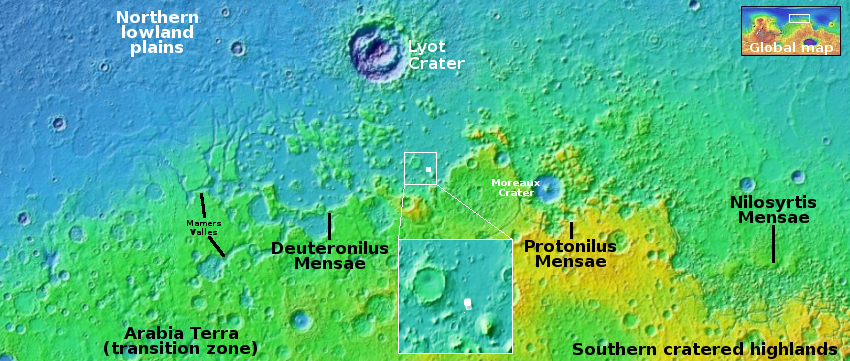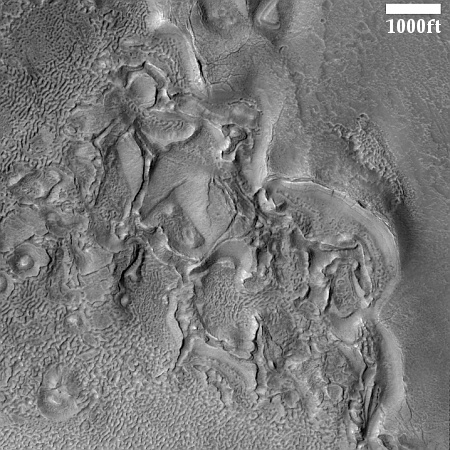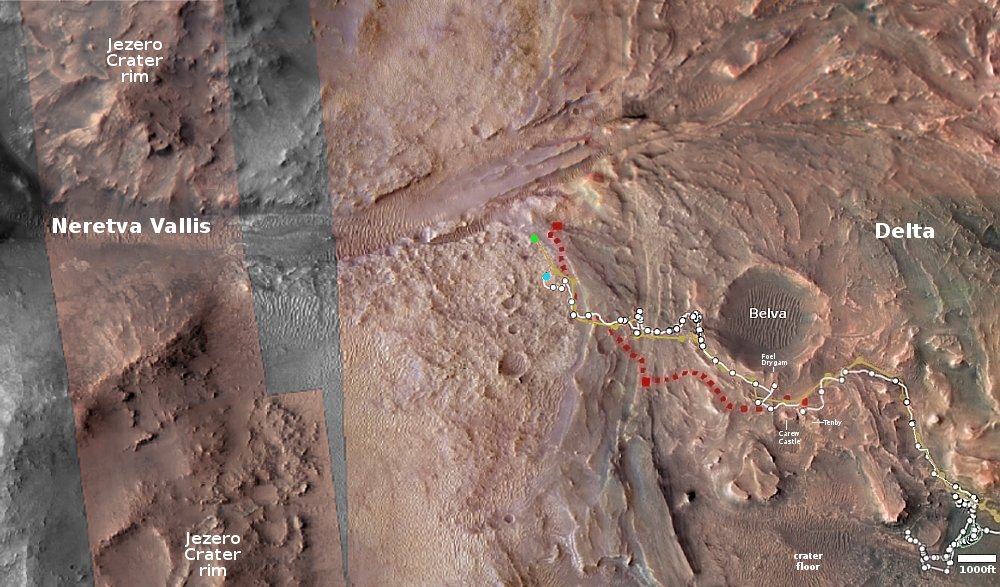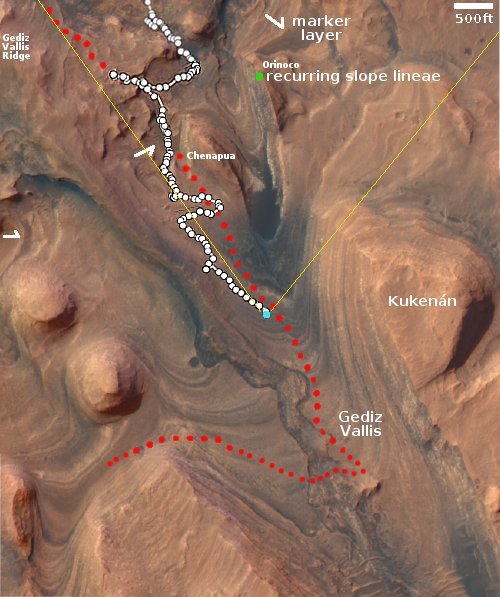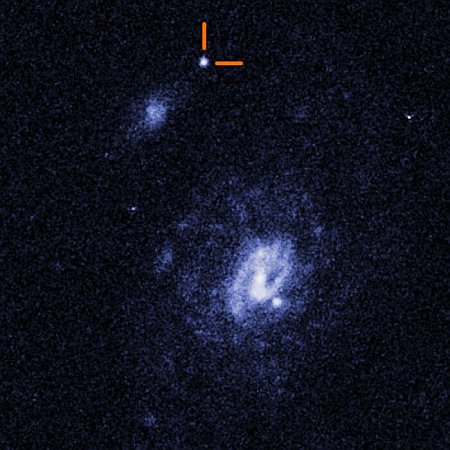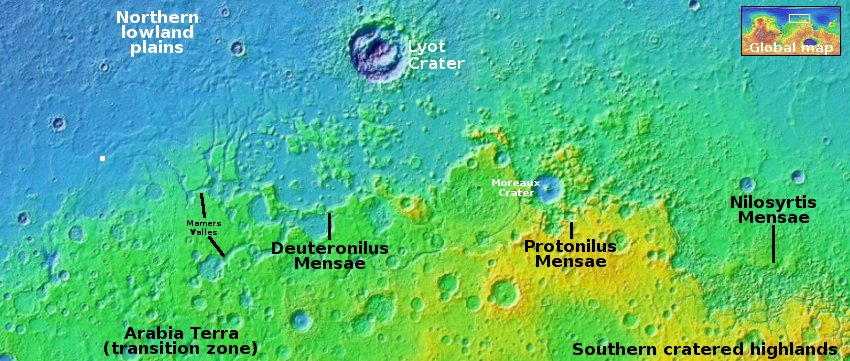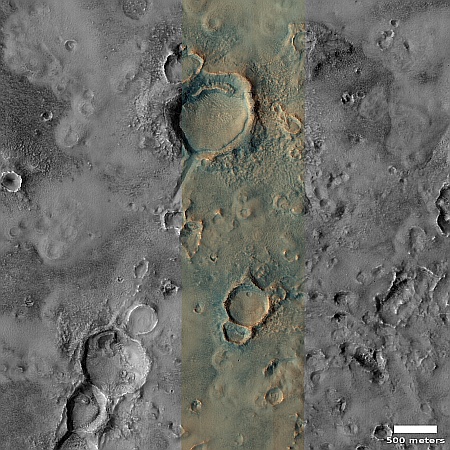October 10, 2023 Quick space links
Courtesy of BtB’s stringer Jay.
- Sierra Space reiterates its commitment to Orbital Reef and its contracts with NASA
Based on the statement, which makes no mention of Blue Origin, this suggests that the rumors about a break-up between Sierra Space and Blue Origin on this project were really referring to Blue Origin getting kicked out, which will be especially embarrassing for Jeff Bezos as he and his company were the originators of the Orbital Reef space station concept.
- Mission team for UAE’s Al-Amal Mars orbiter get award at 2023 International Astronautical Congress
Well deserved, though in this day and age one can’t help wondering how much of this award was given for political reasons beyond the team’s actual achievement.
- A news source other than BtB notices China dropping any mention of Russia in its latest presentation about its lunar base
Jay and I both noted this change by China in the October 4, 2023 quick space links, one week ago. Nor was this a surprise, as from the beginning I predicted Russia would not contribute much of anything to this partnership, and China began leaving Russia out of its presentations as early as September 2022.
- China’s Hubble-class space telescope to enter “final prototype phase” in April 2024
This date suggests that the telescope is delayed, and will not launch next year as previously announced as recently as February 2023.
Courtesy of BtB’s stringer Jay.
- Sierra Space reiterates its commitment to Orbital Reef and its contracts with NASA
Based on the statement, which makes no mention of Blue Origin, this suggests that the rumors about a break-up between Sierra Space and Blue Origin on this project were really referring to Blue Origin getting kicked out, which will be especially embarrassing for Jeff Bezos as he and his company were the originators of the Orbital Reef space station concept.
- Mission team for UAE’s Al-Amal Mars orbiter get award at 2023 International Astronautical Congress
Well deserved, though in this day and age one can’t help wondering how much of this award was given for political reasons beyond the team’s actual achievement.
- A news source other than BtB notices China dropping any mention of Russia in its latest presentation about its lunar base
Jay and I both noted this change by China in the October 4, 2023 quick space links, one week ago. Nor was this a surprise, as from the beginning I predicted Russia would not contribute much of anything to this partnership, and China began leaving Russia out of its presentations as early as September 2022.
- China’s Hubble-class space telescope to enter “final prototype phase” in April 2024
This date suggests that the telescope is delayed, and will not launch next year as previously announced as recently as February 2023.

